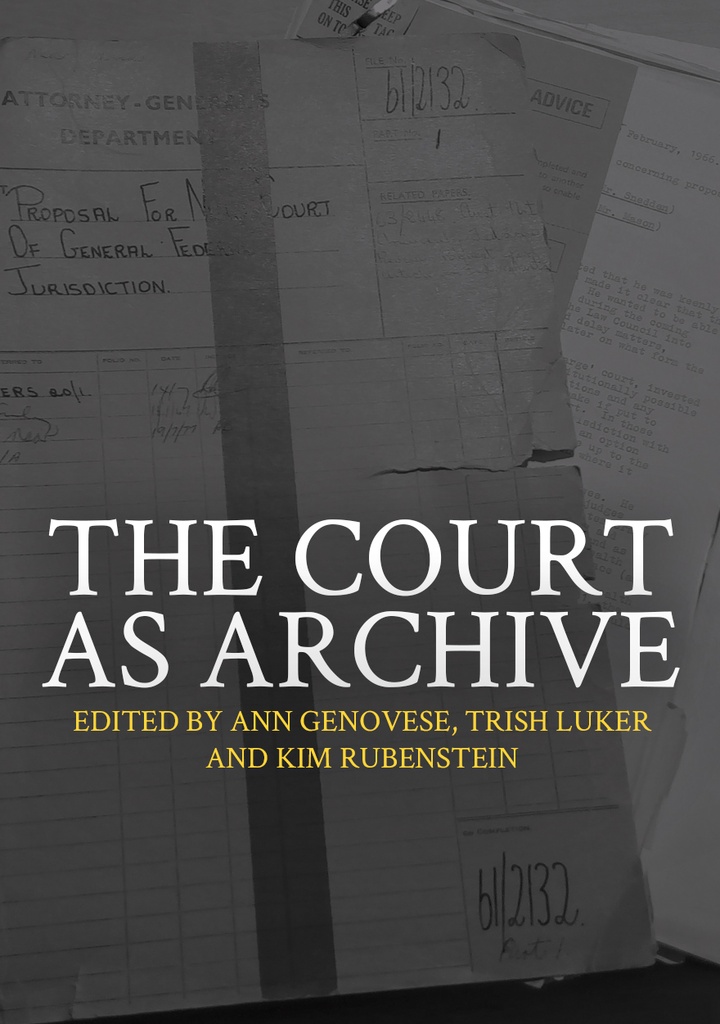The Court as Archive
Editorial: ANU Press
Licencia: Creative Commons (by-nc-nd)
Autor(es): Genovese, Ann; [et al.]
Until the late 20th century, ‘an archive' generally meant a repository for documents, as well as the generic name for the wide range of documents the repository might hold. An archive could be visited, and then also searched, to discover past actions or lives that had meaning for the present. While historians and historiographers have long understood the contests that archives contain and represent, the very idea of ‘the archive' has, over the last 40 years, become the subject and object of widening and intensified consideration. This consideration has been intellectual (from scholars in a wide range of disciplines) and public (from communities and individuals whose stories are held captive, or sometimes hidden or excluded from official archives), as well as institutional. It has involved scrutiny and critique of official archives' limitations and practices, as well as symbolic, affective and theoretical expansion and heightened expectation of what ‘the archive' is or should be. The very language of ‘the archive' now carries freight as administrative practice, normative value, metaphor, description and aspiration in different ways than it did in the 20th century.
[Acton: 2019]
Compartir:
Una vez que el usuario haya visto al menos un documento, este fragmento será visible.


